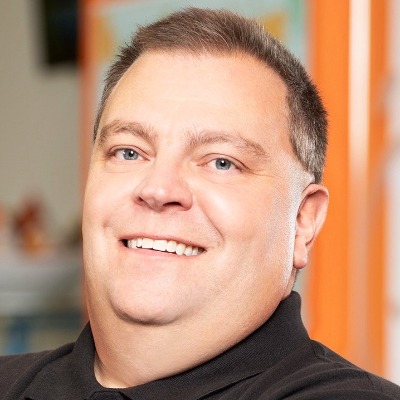Activity
Mon
Wed
Fri
Sun
Feb
Mar
Apr
May
Jun
Jul
Aug
Sep
Oct
Nov
Dec
Jan
What is this?
Less
More
Memberships
Facilitator Club (Free)
9.7k members • Free
Contributions

@shannon-wagers-3044
Master Facilitator of Ideation and Training at Procter and Gamble.
Active 480d ago
Joined Mar 9, 2023
Powered by